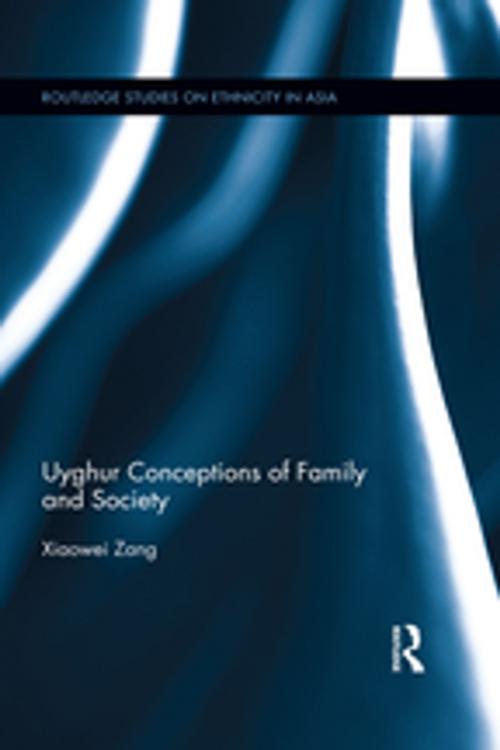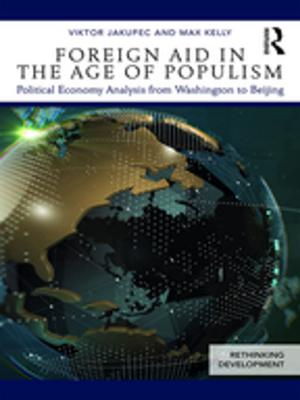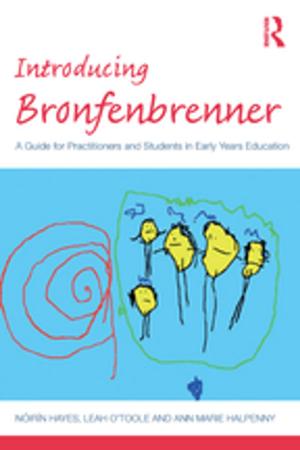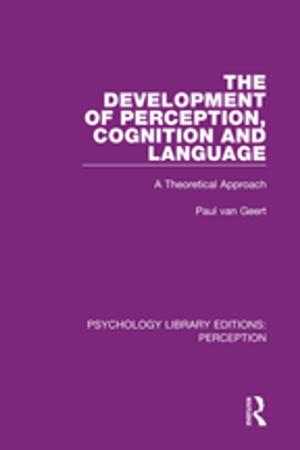Uyghur Conceptions of Family and Society
Habits of the Uyghur Heart
Nonfiction, Social & Cultural Studies, Social Science, Anthropology| Author: | Xiaowei Zang | ISBN: | 9781351839013 |
| Publisher: | Taylor and Francis | Publication: | June 26, 2017 |
| Imprint: | Routledge | Language: | English |
| Author: | Xiaowei Zang |
| ISBN: | 9781351839013 |
| Publisher: | Taylor and Francis |
| Publication: | June 26, 2017 |
| Imprint: | Routledge |
| Language: | English |
Contributing to existing literature on ethnic studies in China, this book is a study of minority subjective experiences in China, using Uyghur Muslims as a case study. By examining Uyghur conceptions of family and society, it investigates whether or not ethnic minorities are culturally capable of understanding and internalizing global norms on equality, community, citizenship, trust, justice and wellbeing.Specifically, it empirically examines Uyghur perceptions of issues such as spousal relations, parenting, community engagement and life satisfaction. Using data gathered from fieldwork in Ürümchi, the author is able to show that there is in fact a high degree of Uyghur conformity to global norms on family and society. In the contemporary context of an Islamic revival and a recent resurgence of Uyghur nationalism, the evidence presented in this book is particularly important to the understanding of the Uyghur ethnic group and other minorities in the region.
Whilst making a valuable contribution to the fields of anthropology and sociology, this book will be useful for students of Chinese studies, Religious studies, Ethnic studies and Social Psychology.
Contributing to existing literature on ethnic studies in China, this book is a study of minority subjective experiences in China, using Uyghur Muslims as a case study. By examining Uyghur conceptions of family and society, it investigates whether or not ethnic minorities are culturally capable of understanding and internalizing global norms on equality, community, citizenship, trust, justice and wellbeing.Specifically, it empirically examines Uyghur perceptions of issues such as spousal relations, parenting, community engagement and life satisfaction. Using data gathered from fieldwork in Ürümchi, the author is able to show that there is in fact a high degree of Uyghur conformity to global norms on family and society. In the contemporary context of an Islamic revival and a recent resurgence of Uyghur nationalism, the evidence presented in this book is particularly important to the understanding of the Uyghur ethnic group and other minorities in the region.
Whilst making a valuable contribution to the fields of anthropology and sociology, this book will be useful for students of Chinese studies, Religious studies, Ethnic studies and Social Psychology.















